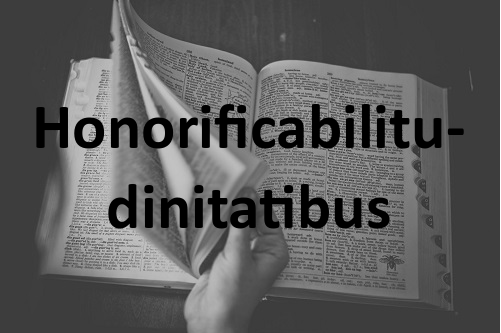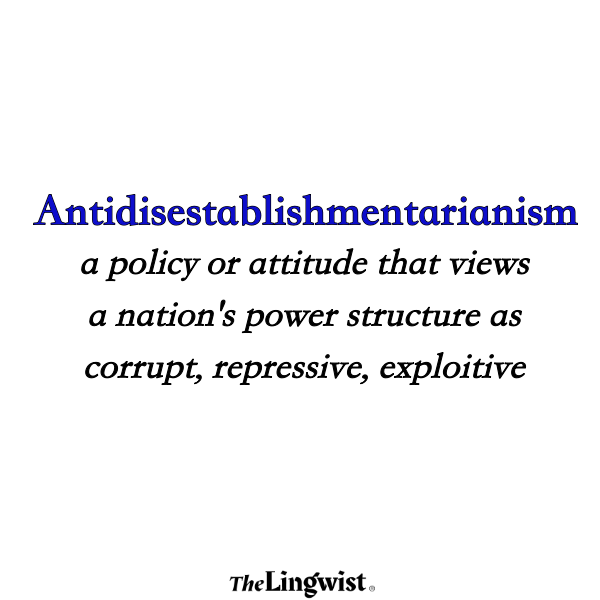Longest words in English: did you know that the longest word in the world contains 190,000 letters? It is the chemical name of the largest protein: titin. It would take three hours to recite it from beginning to end!
Thank you for reading this post, don't forget to subscribe!It is noteworthy that many of the longest words refer to medicine or chemistry. Here at the lingwist, we will list the 10 longest words in the English language and their meaning.
1. Pneumonoultramicroscopicsilicovolcanoconiosis (Forty-five letters)
(Noun). According to Lexico, Pneumonoultramicroscopicsilicovolcanoconiosis is an invented long word said to mean a lung disease caused by inhaling very fine ash and sand dust causing the victim to leak air from their lungs while simultaneously bleeding into their lung cavity.
Originally speaking the word was invented in the 1930s by Everett M.Smith ( the president of the National Puzzlers’ League). For sure this word is hard to pronounce. However, we provide a syllabic split to help you:
Hyphenation: “pneu·mo·no·ul·tra·mi·cro·scop·ic·sil·i·co·vol·ca·no·co·ni·o·sis”
IPA: /njuːˌmɒ.nəʊ.ʌl.tɹə.maɪ.kɹəʊˈskɒ.pɪkˌsɪ.lɪ.kəʊ.vɒl.keɪ.nəʊ.kəʊ.niˈəʊ.sɪs/
2. Hippopotomonstrosesquippedaliophobia (Thirty-six letters)
( Noun). Hippopotomonstrosesquippedaliophobia is the second longest word in the English language. Ironically, it refers to the fear of long words! it is considered a social phobia and to some extent a personalized issue meaning that can vary from person to person. According to an article published on a verywellmind, some people have a phobia of long words that are multisyllabic, for instance, while others have a fear of long words that are obscure. Some even fear common words that are more moderate in length.
Hyphenation:”hip‧po‧po‧to‧mon‧stro‧ses‧qui‧pe‧dal‧i‧o‧pho‧bi‧a”
IPA: /ˌhɪ.pəˌpɒ.tə(ʊ)ˈmɒn.stɹə(ʊ)ˌsɛs.kwɪ.pɪˌdɑːl.ɪ.ə(ʊ)ˈfəʊ.bɪ.ə/

3. Supercalifragilisticexpialidocious (thirty-four letters)
Supercalifragilisticexpialidocious is something to say when you have nothing to say. The word “was introduced into the Mary Poppins story by American composers Robert and Richard Sherman when they adapted the PL Travers book for the big screen.” BBC
Supercalifragilisticexpialidocious was invented in the 1940s. In some dictionaries, the word means wonderful; extraordinary.
- Hyphenation: su‧per‧cal‧i‧frag‧i‧lis‧tic‧ex‧pi‧a‧li‧do‧cious
- IPA: /ˌsuːpəˌkælɨˌfɹædʒɨˌlɪstɪkˌɛkspɪˌælɨˈdəʊʃəs/

4. Pseudopseudohypoparathyroidism (thirty letters)
It is an inherited condition that causes short stature, a round face, and short hand bones. Rare Diseease Datatbase stated that Pseudopseudohypoparathyroidism causes joints and other soft tissues in the body to harden. It also affects how bones are formed.
- Hyphenation: pseu‧do‧pseu‧do‧hy‧po‧par‧a‧thy‧roid‧ism
- IPA: /ˌsjuː.dəʊˌsjuː.dəʊˌhaɪ.pəʊ.pæɹ.əˈθaɪ.ɹɔɪd.ɪzəm/

5. Floccinaucinihilipilification (twenty-nine letters)
Cambridge Dictionary defined Floccinaucinihilipilification as the act of considering something to be not at all important or useful- used mainly as an example of a very long word. Ironically, floccinaucinihilipilification is a pretty valueless word itself. To some extent, the word is often used in a humorous way.
- Hyphenation: flocci‧nauci‧ni‧hili‧pili‧fi‧ca‧tion
- IPA: /ˌflɒksiˌnɒsiˌnɪhɪlɪˌpɪlɪfɪˈkeɪʃən/

6. Antidisestablishmentarianism (twenty-eight letters)
A term referring to a political movement in 19th century Britain that sought to separate church and state ( to disestablish the Church of England as the official state church of England, Ireland, and Wales). Now it may refer to any opposition to withdrawing government support of a particular church or religion.
Antidisestablishmentarianism is the longest well-known word; with more widespread, sustained, and meaningful use. Some people argue that antidisestablishmentarianism isn’t a “real” word because it uses two prefixes (anti- and dis-) that cancel each other out.
Hyphenation: an‧ti‧dis‧es‧tab‧lish‧ment‧ar‧i‧an‧ism
IPA: /ˌæn.taɪˌdɪs.ɛsˌtæb.lɪʃ.məntˈɛː.ɹi.ənˌɪ.zm/

7. Honorificabilitudinitatibus (twenty-seven letters)
It is the plural of the medieval Latin word honōrificābilitūdinitās, which can be translated as “the state of being able to achieve honors”. The word was first coined by Shakespeare. Honorificabilitudinitatibus is the longest word in the English language featuring alternating consonants and vowels.
- Hyphenation: hon‧or‧if‧ic‧a‧bil‧i‧tu‧din‧it‧a‧ti‧bus
- IPA: /ɒn.əˌɹɪf.ɪ.kəˌbɪl.ɪˌt(j)uː.dɪ.nɪˈteɪ.tɪ.bəs/

8. Thyroparathyroidectomized (twenty-five letters)
According to Merriam Webster, Thyroparathyroidectomized is a medical term that defines the excision of both the thyroid and parathyroid glands
Hyphenation: thy·ro·para·thy·roid·ec·to·my
IPA: /ˌthī-rō-ˌpar-ə-ˌthī-ˌrȯid-ˈek-tə-mē/
9. Dichlorodifluoromethane (twenty-three letters)
The word Dichlorodifluoromethane refers to a colorless, slightly water-soluble, nonflammable gas, CCl2F2, that boils at −29°C: used chiefly as a propellant in aerosols and as a refrigerant.
Hyphenation: A chlorofluoromethane CF2Cl2
IPA: / (ˌ)dī-ˌklȯr-ə-ˌdī-ˌflu̇r-ə-ˈme-ˌthān/
10. Incomprehensibilities (twenty-one letters)
The last longest word in the English language is incomprehensibilities. It sounds easy to figure out. The word meaning that things are impossible to comprehend. In the 1990’s, incomprehensibilities set the record as the longest word “in common usage.”
Hyphenation: in·com·pre·hen·si·ble
IPA: /(ˌ)in-ˌkäm-pri-ˈhen(t)-sə-bəl/







